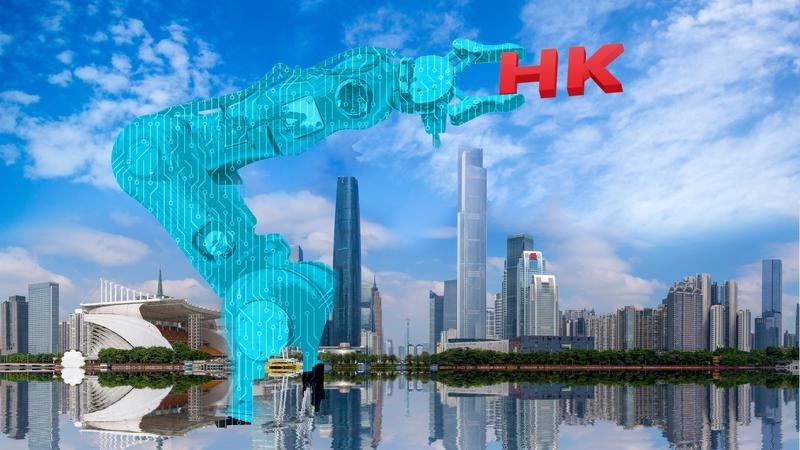 Reindustrialization is an essential step not only to diversify Hong Kong’s economic portfolio, but to help complete the ecosystem for scientific research and innovation, which will empower the city’s role in contributing to the development of the international innovation hub with Shenzhen.
Reindustrialization is an essential step not only to diversify Hong Kong’s economic portfolio, but to help complete the ecosystem for scientific research and innovation, which will empower the city’s role in contributing to the development of the international innovation hub with Shenzhen.
This was the conclusion of the “Hong Kong Economic Policy Green Paper 2022”, compiled by the University of Hong Kong’s Business School and published on Friday.
ALSO READ: Reindustrialization Reboot
The report was published against the backdrop of the city’s economy facing strong headwinds such as a shrinking labor force, the COVID-19 pandemic, and global recession woes.
Effective economic and technology collaboration and integration with the Greater Bay Area are also crucial to a more-diversified economy
Tang Hei-wai, Director, Asia Global Institute
Mao Zhenhua, professor of practice at HKU Business School, said the city must not only strive to sustain its pre-existing financial and trade advantages but also seek new economic breakthroughs by developing the high-end manufacturing sector at this point of time.
“Presented with development opportunities from the national development of ‘internal circulation’ as the mainstay and the growing importance attached to innovation and technology sectors, Hong Kong should in the future achieve economic transformation through reindustrialization,” Mao said.
Moving in the direction of reindustrialization, Hong Kong should drive its economic transformation to foster the development of a knowledge-based economy buttressed by science, technology and research, said Tang Hei-wai, Victor and William Fung professor in economics at HKU Business School and director of the Asia Global Institute.
Tang added that effective economic and technology collaboration and integration with the Guangdong-Hong Kong-Macao Greater Bay Area are also crucial to a more-diversified economy.
READ MORE: Re-industrialization seen as tool to diversify HK economy
“Such a transformation should help foster the city’s inclusive and sustainable economic growth, creating multiple innovative knowledge-intensive sectors, and a variety of good jobs that offer diverse opportunities, upward mobility and on-the-job training in a polarizing labor force,” he said.
The report also suggests that the SAR government introduce more supportive policies for research and development, such as tax reduction and improved intellectual property rights sharing between researchers and universities in order to pave the way to innovation and reindustrialization.
Contact the writer at evanliu@chinadailyhk.com


